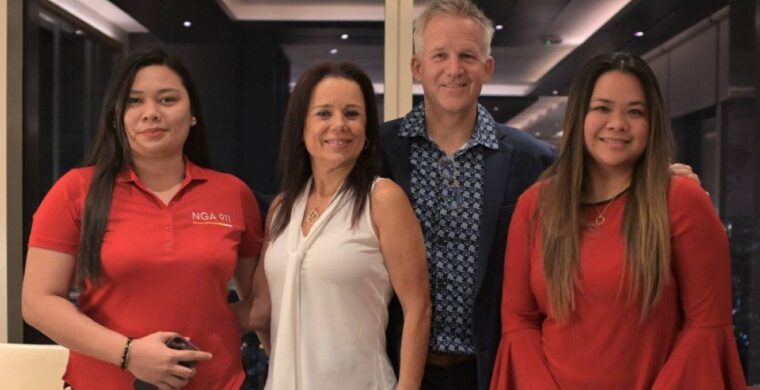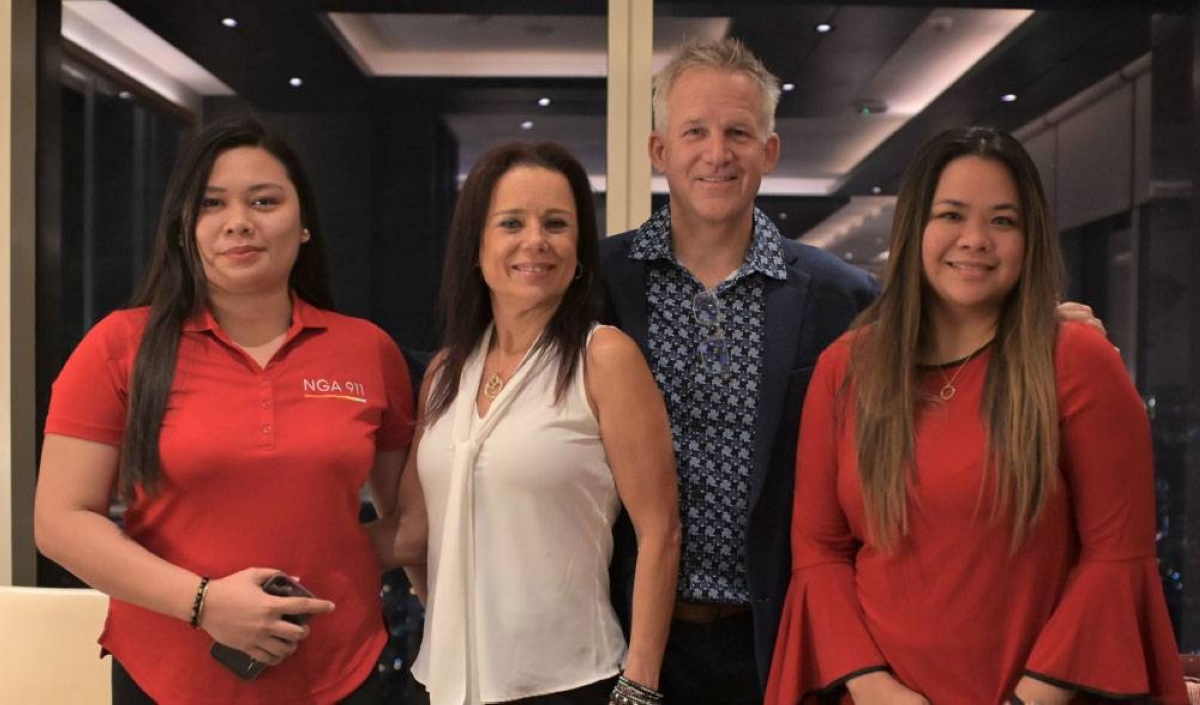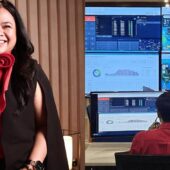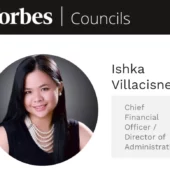
The Manila Times – NGA 911 changing public safety for the better
AS the Philippines, her home country is prone to disasters and calamities, Filipino techpreneur Charmaine “Ishka” Villacisneros worked to bring the United States 911 emergency response technology to the country three years ago, at the height of the Covid-19 pandemic, through the Next Generation Advanced (NGA) 911.
As chief financial officer/director of administration at California-based NGA 911 LLC, it has been her vision to establish the 9-1-1 system in the Philippines, the first outside the US and even ahead of other states.
A De La Salle University (DLSU)-Manila graduate with a Bachelor of Science in Information and Communications Technology Management, Villacisneros launched several businesses as early as 18, following her parents’ relocation to Los Angeles for better opportunities. These companies included online grocery stores, handicraft manufacturing, global imports and exports, logistics, and a digital creative agency.

She is taking up a Master’s degree in Finance at Massachusetts Institute of Technology (MIT) and recently got her certification from Harvard Business School for Global Business and Entrepreneurship. She was admitted to the Forbes Finance Council in January 2022.
NGA 911 is a 911 technology service provider partnered with Amazon Web Services Public Safety and is poised to transition legacy 9-1-1 systems to the future of emergency services worldwide.
In an exclusive meeting with The Manila Times Campus Press, Villacisneros, who has been married to Martin Tusjakova since July 2012, introduced NGA 911 LLC CEO Don Ferguson, who happily talked about revolutionizing emergency response in the Philippines to be at par in the US within three minutes of response time.
Ferguson said that their company believes that the government and corporations have the responsibility to deliver public safety across the archipelago, across all strata.
“We invite collaboration from anyone who would like to contribute, and that could include application developers, telecommunication companies like PLDT and Globe, firefighters, policemen, dispatchers, nurses — anyone who has any bright ideas about how we can improve public safety here in the Philippines,” Ferguson said.
“Of course, we are bringing the Next Generation of 911 to the Philippines, but we can always improve, so we invite anyone to reach out to us with their ideas. Whether one is in doubt with his idea [if it works or not], just share it, who knows, that something may save someone’s life, and that’s worth sharing,” he said.
Ferguson noted that there are so many numbers in the Philippines that may confuse how to get an emergency response, and he hopes the media can help spread awareness that 911 is a trusted technology to get help when and where it is needed, especially as the next generation of 911 is getting deployed in the country.
The technology expert that he is, Ferguson believes that the seeds of future generations are planted or sown in educational institutions, especially in children ages 7, 8 and 9 years old to junior college.
He said that children should not be threatened with public security. One aspect that makes them feel safe and secure is that there is a reliable 911 system that, if they should need help, they can simply dial 911 and get the required response.
He explained that this NGA 911 system is an upgrade to the existing system as some sectors are at higher risk, like women, young adults in universities, and children coming home from school.
Citing an example in Los Angeles, where some 911 agents also attend school, the 911 system is connected to the agent, so in case an emergency happens on campus, the response is instantaneous.
In the Philippines, collaborations with the Department of Education and the Commission on Higher Education are being worked on. The company is also open to collaborating with schools where risk management can be incorporated into the curriculum.
“Any risk reduction program must include the technology that helps to mitigate risk. This next generation of 911 is certainly that technology. It excites me to bring the technology to the schools,” he said.
He said they are open to collaboration with geeks and technological experts like DevCon, as they have done in the US with Texas A&M University, where there is a laboratory where students come in to learn sophisticated technology, state-of-the-art, integrating voice and video.
It is not just an internet connection but a reliable system that has 99.99 percent availability, which means there could never be more than five minutes of downtime every year, he said.
“Learning the technology is not for geeks only, as it can be learned by anybody. If I was able to learn it, so can anyone. I am the living proof of the learnability of the technology, [it is within the grasp of ordinary people], not only that it is learnable, but is essential to learn it,” Ferguson said.
He said that NGA 911 will be the backbone of upgrading public safety, as they are looking at integrating 911 with wearables. This would mean additional protection can be offered to senior citizens, including heartbeat monitoring and many other opportunities to enhance safety and security based on biometrics that can be read from sensors.
He stressed that among their core principles, foremost is their dictum of “serving best by serving others.”
“It means that our lives improve by serving others, and there is no better place to do that than by delivering an upgraded 911 system to the whole Philippines for the safety and security of Filipinos, which the national and local governments can provide. The tools and technology we’ve developed for Next Generation Advanced 911 enable 911 personnel to focus on what they do best: saving lives and defending property,” he said.
Article Source: The Manila Times









